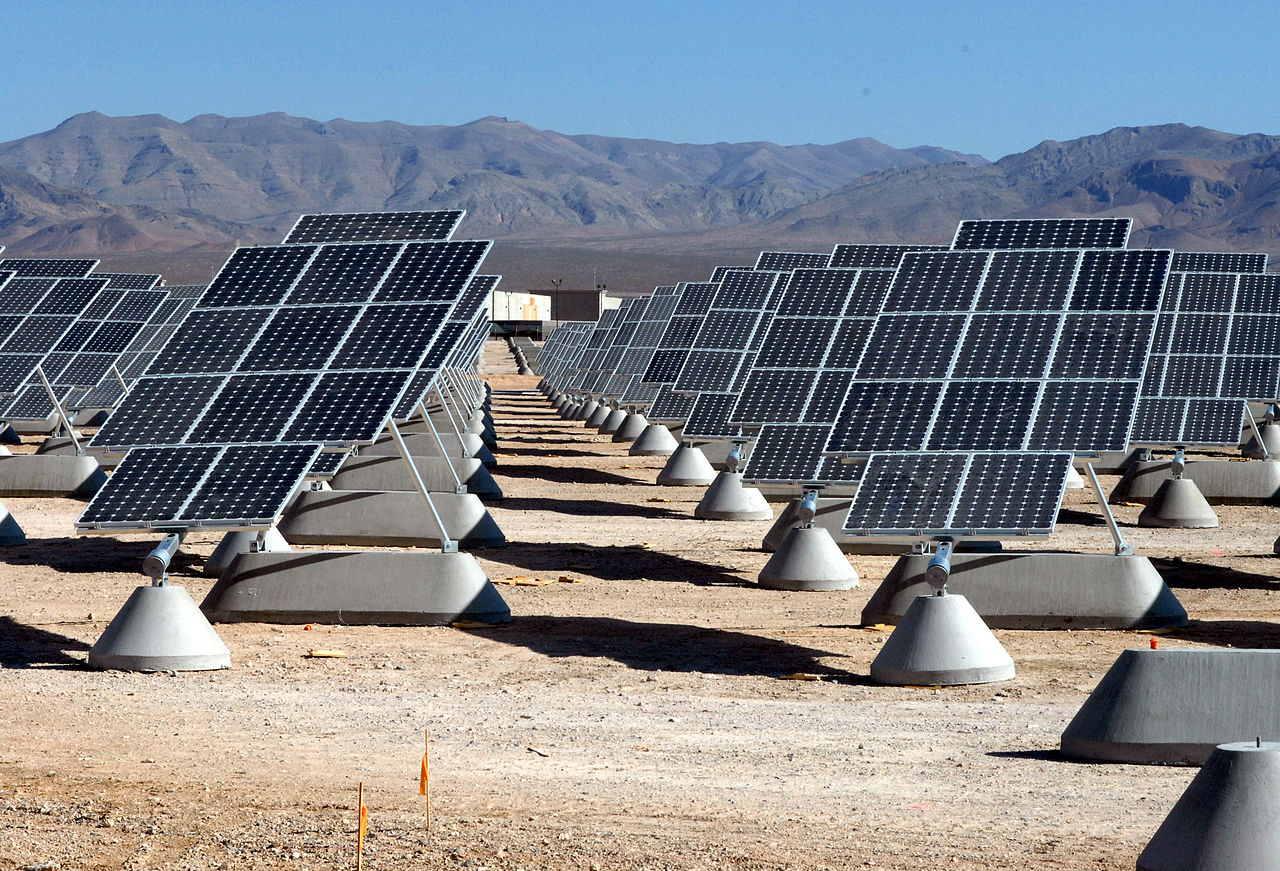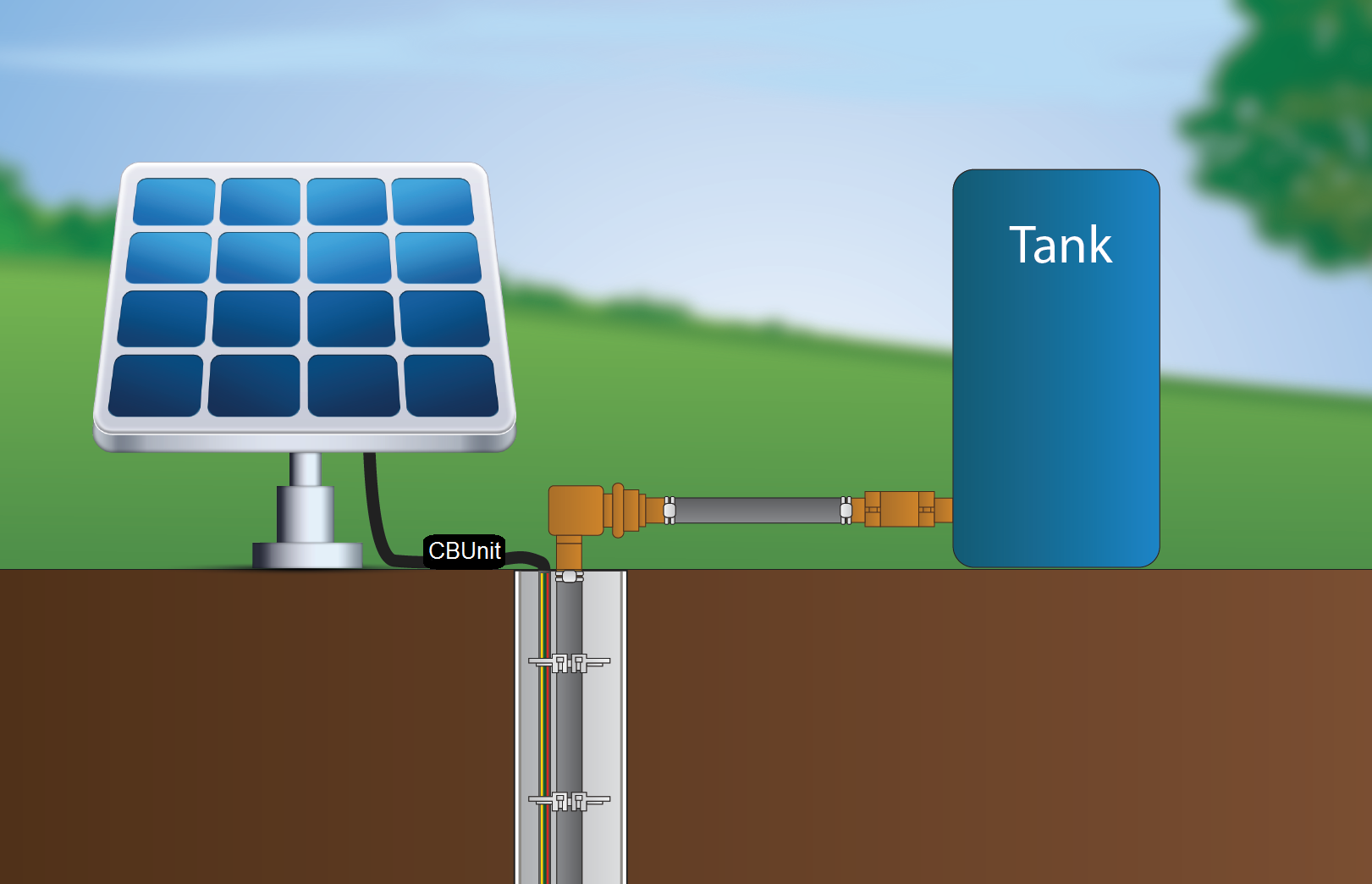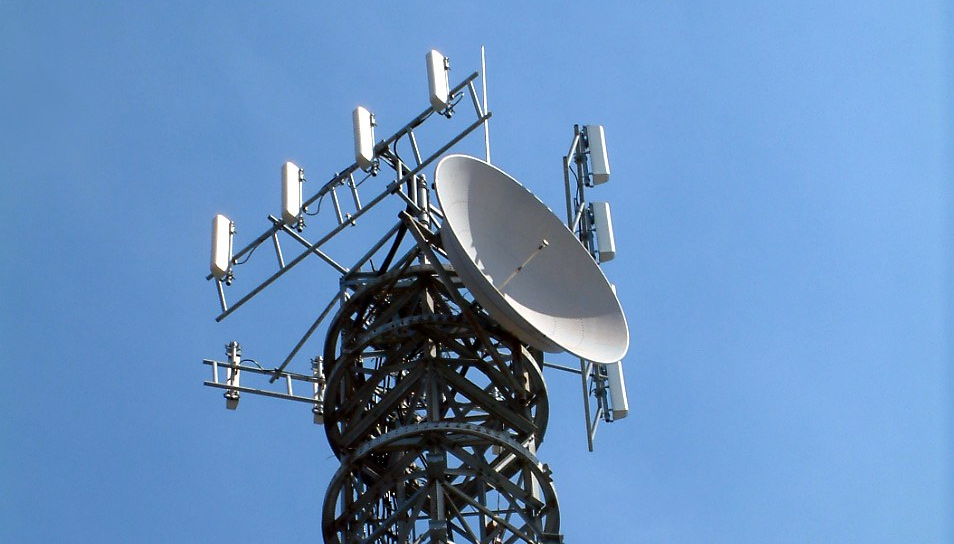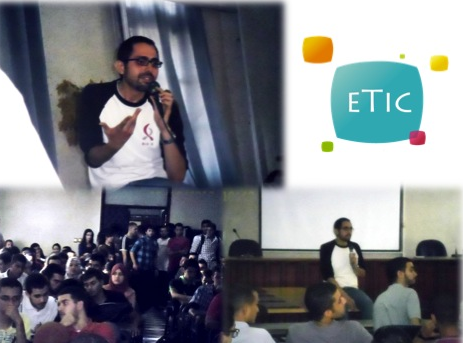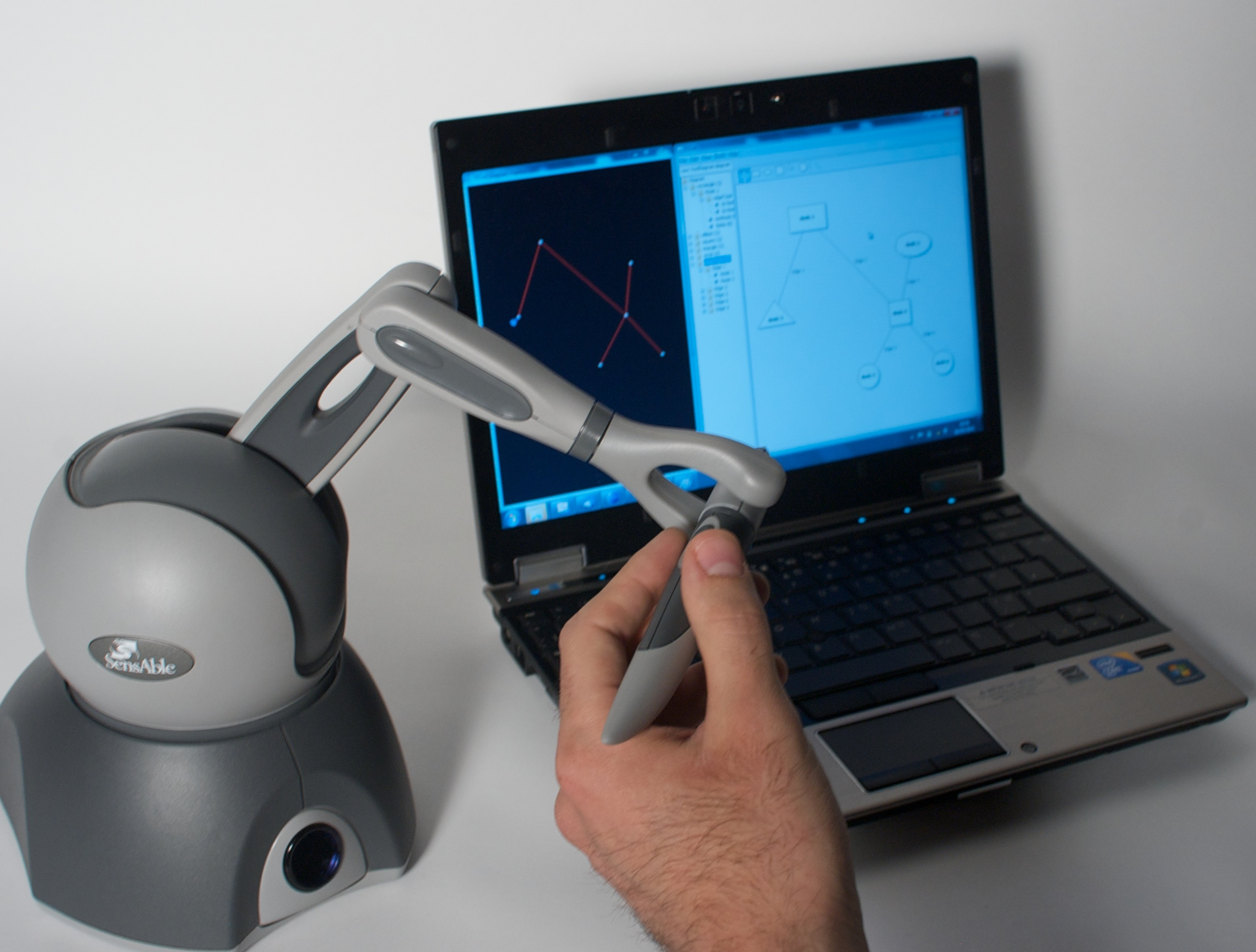Feature | Renewable energy development in Algeria
Renewable energy comes from natural resources such as the sun, in contrast to energy derived from finite resources based on fossil fuels like coal and oil that sooner or later will run out. Serious interest in renewable energy was sparked following the Arab oil embargo of 1973 and since then much progress has been made towards exploiting a variety of renewable energy resources, including solar, wind, hydropower, geothermal, biofuels, biomass, and ocean waves and tides. Put together, these are often referred to as the ‘renewable energy mix’. Read More
Feature | The potential of a solar powered irrigation system to support Algerian farmers
In a sunny North African country like Algeria, the potential of solar power is yet to be fully explored. To secure power resources needed for their daily activities, Algerian farmers currently have to resort to two basic options. The first is to use free power that is supplied by the government as part of the various schemes deployed around the country for this purpose. Algeria has a well-established network of electricity reaching the majority of towns and villages, but unfortunately when it comes to agricultural lands, it only covers a small portion of farming instalments. Additionally, this option is not ideal since not all farmers within the reach of the network receive their supply of free power during adequate times of the day. Read More
Feature | Mobile telecoms market in Algeria: the untapped potential of 3G
The introduction of mobile communications in Algeria had a tremendous impact on its economy and its society. The deregulations of the telecommunication market at the beginning of the 21st century enabled a large proportion of the population to be finally connected to the global telecommunication network, and by the end of 2011, there were over 35 million mobile subscribers, compared to only 5 million in 2004 – a seven-fold increase. The anticipated launch of the 3G high-speed network during 2013 could have an even more far-reaching impact, as it will open up access to the Internet for anyone with a sufficiently capable mobile phone.
Event Report | ETIC one day conference on enterpreneurship in Algeria
ETIC is a student club that was established in 2009 in ESI (École Nationale Supérieure d’Informatique). We are a group of young ambitious students and we created ETIC to help transform ESI student’s life from a tedious routine into a more fulfilling experience and to promote knowledge sharing and create a space for exchange and reflection. Read More
Feature | Can you hear that diagram?
What does a diagram sound like? What does the shape of a sound feel like? At first sight, listening to diagrams and feeling sounds might sound like nonsense, but for people who are visually impaired it is a practical issue. Even if you can’t see them, you can still listen to words, after all. Spoken books were originally intended for partially-sighted people, before we all realised how useful they were. Screen readers similarly read out the words on a computer screen making the web and other programs accessible. Blind people can also use touch to read, which is essentially all Braille is, replacing letters with raised patterns you can feel. Read More
Opinion | Using ICT technology when teaching a foreign language in an Algerian university
From the chalkboard to the abacus and beyond, technology has always played an important role in education. Educational technology refers to any teaching tool that helps supports learning (1), and given the rapid advancements in Information Technology and multimedia applications, the potential to support the teaching of foreign languages in Algerian universities is ever more great. Read More
